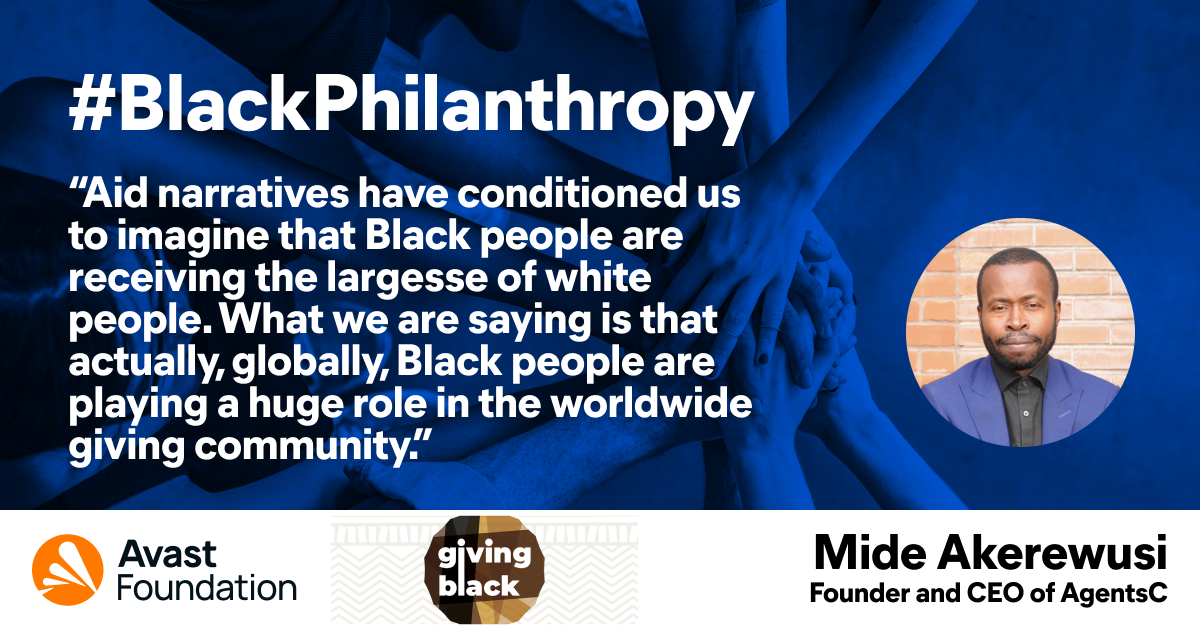Every culture has its own ways of practicing generosity. Within certain contexts, such as those in the Global North, certain practices have become extremely formalized, written into the tax code, and turned into their own kind of industry. These formalized acts of giving often valorize wealthy individuals, families, foundations, or corporations who give back to the community through selected charitable donations, creating a narrative in which those who are “in need” receive the altruistic generosity of those who have plenty. We tend to call that kind of giving “philanthropy.”
Philanthropy as such has been an important part of global educational, health, economic, social, and cultural development. However, this too-narrow view can’t capture the rich and varied ways in which communities practice generosity and contribute to greater social good. Nor can it fully describe how culturally centered acts of generosity create important social bonds and mutual engagement among people within and across communities. Yet, these acts of kindness and wealth distribution are powerful and widespread forms of philanthropy within Black communities in Africa and in the global African diaspora.
Why highlight Black giving?
“Aid narratives have conditioned us to imagine that Black people are receiving the largesse of white people. What we are saying is that actually, globally, Black people are playing a huge role in the worldwide giving community,” says Mide. “We want to spotlight Black people, who typically in the nonprofit world are portrayed as passive recipients of aid rather than as advocates with solutions to our own problems.” The Giving Black conference and podcast aim to break stereotypes about how philanthropy operates and to encourage Black people to be proud of their own giving practices and see it in a larger context.

Spotlighting Black philanthropy also illuminates what’s often missing in the more formalized models. Black giving is driven by a sense of communal responsibility and often by a felt or actual personal connection between the giver and the recipient. There is a clear reciprocity and a sense of an exchange - goodwill for resources, blessings for assistance, connection for community care, something which has been deliberately scrubbed from formalized philanthropic models in favor of efficiency, impact assessment, and regulated, tax-exempt benefit for donors.
The explosion of platforms such as GoFundMe and other mutual aid platforms - donations to which don’t count as formal philanthropy - are one easily accessible demonstration of this more personal form of giving. Driven by a sense of communal responsibility, care for people, and a desire to directly make a difference, people around the globe are turning to the technology of online giving platforms, and crowd-funding to express their generosity - tapping into philanthropic desires that are common to all cultures. At the same time, nonprofits and individuals use social media to raise funds and awareness with and for global audiences.
Despite this, neither governments, larger funders, nor non-profit organizations have figured out how to make sense of these forms of giving, or to understand how they impact communities worldwide. This is a major blindspot, because Black giving is often focused around the use of technology through mobile remittances, and social issues, such as civil and human rights, and education, which contribute not only to thriving Black communities, but also lift the standards of living and outcomes for everyone.
As Mide says, “This is not a niche issue. As Black people, we care about the same issues that others do. We are actively trying to solve problems and challenges in our communities and all others; however, we give on our own terms” and these efforts - and their impacts - deserve to be shared, studied, and emulated.
The Avast Foundation has proudly supported the Giving Black conference, website, and the 12-month podcast series. The one day conference, which is free to attendees, generates powerful reflections and dialog among a growing community of Black philanthropists and those working in the non-profit and giving sectors. In order to keep that energy going and develop a wider community of practice and reflection, the monthly Giving Black podcast will continue this offering to the global giving community. The podcasts’ first episode features the Right Honourable Madame Michaëlle Jean, Canada's 27th Governor General and the first Black person to fill the role. She is a proud descendent of Haitian-African slaves, and along with her husband Jean Daniel Lafond, co-founded the Michaëlle Jean Foundation, to promote youth advocacy through the arts, social impact, and entrepreneurship. Listen here.
